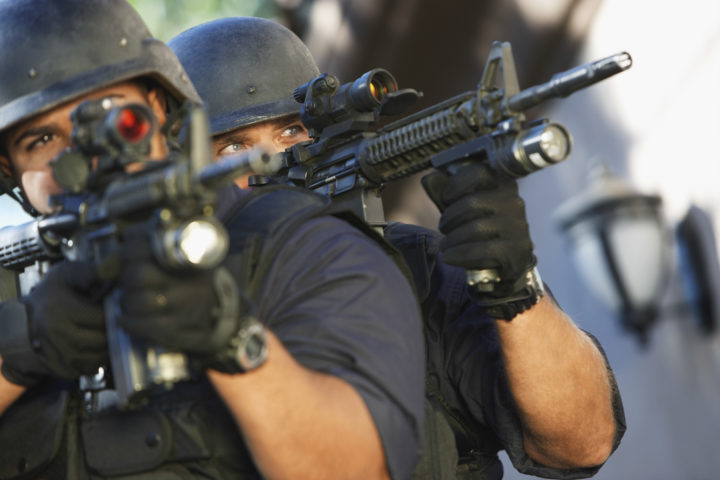The Tragedy of Wasted Training
The fundamental test of any training program is whether the skills taught during the training are remembered and properly applied if and when they are ever needed. While it’s unrealistic to expect total retention and transfer of the material, it’s not too much to expect that you would be on the passing side when real life hands you a stark pass/fail test.
It’s a shame when someone receives training in an important topic and forgets a large portion of it when they transfer the skills to their work, because training is expensive: there’s the cost of the training itself, the time that it takes people out of the field and away from their jobs, and—most importantly—the performance gap caused by incomplete application.
But when lives are at stake, it becomes worse than a shame—it can lead to tragedy.
Yesterday’s SunSentinel carried an article describing the training failures comparing the relative performance of the Broward Sheriff’s Office and the Coral Springs PD as they reacted to the scene of the February Marjory Stoneman Douglas school shooting. Although the BSO were the lead agency, Coral Springs officers effectively took the initiative, even taking the keys from the BSO officer who remained outside the entire time.
Here’s the part that troubles me as a training professional:
“Although all BSO deputies had active-shooter training, they couldn’t remember much about it. One deputy claimed to not remember at all, whether it was 10 or even up to 20 years ago, saying “it was a long time ago.” A check of his records found it was only two years ago.”
Presumably, this deputy (and most of the others, it seems) took a full day out of his life to attend training on a topic that was directly applicable to his job, and it passed through his life as if it had never happened.
A spokeswoman for the BSO gave the excuse that despite training, it’s difficult to know what will happen when people get put under stress. There is some truth to that, but it doesn’t explain why:
“By comparison, the Coral Springs officers who rushed into the high school consistently praised their training and “had no difficulty in explaining the proper response to an active shooter.”
What was the difference? Why did one organization get acceptable results from its training investment, and not the other? The full report is not available yet, so one can only speculate. Were there different training providers teaching different approaches? Was the training positioned differently? The frequency? The support given by management before and after the training? My guess is that we’;; find multiple factors and explanations; I only hope that people learn from their mistakes.
It’s always a waste when one is given a golden opportunity to learn and does not take it. Will the right people learn the right lessons from this horrible tragedy?




